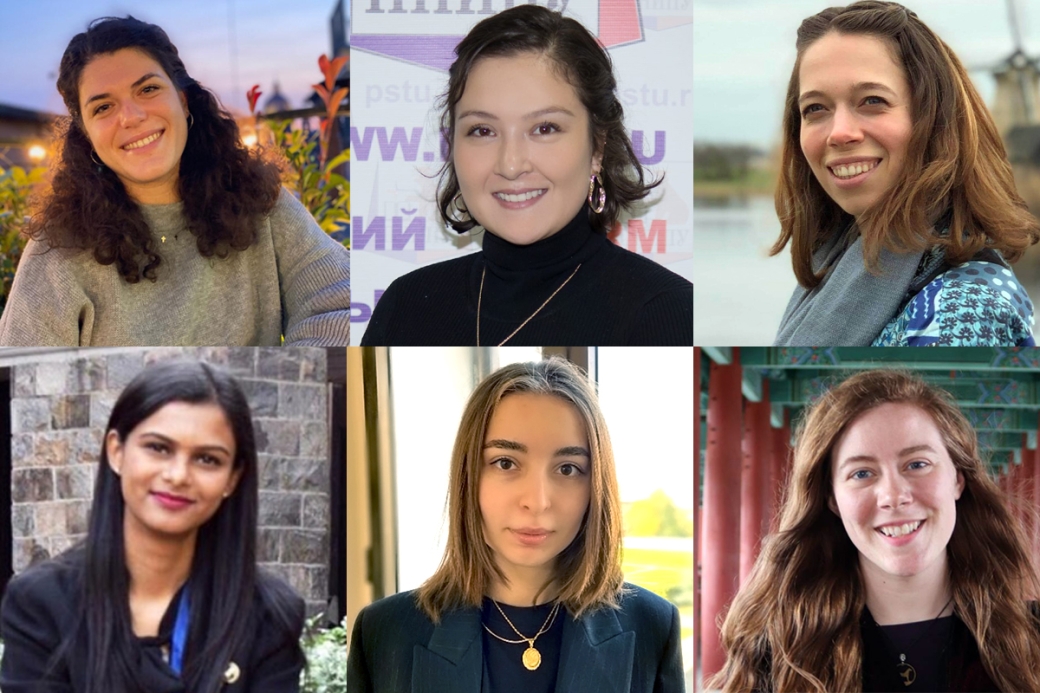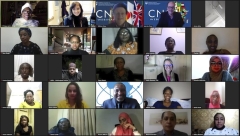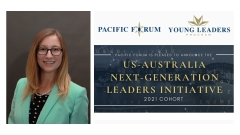Closing the Gender Gap in Nuclear Security
Middlebury Institute Nonproliferation Studies experts Sarah Bidgood and Nomsa Ndongwe recently provided insight into gender representation within the nuclear policy field at a panel hosted by Harvard’s Project on Managing the Atom.



